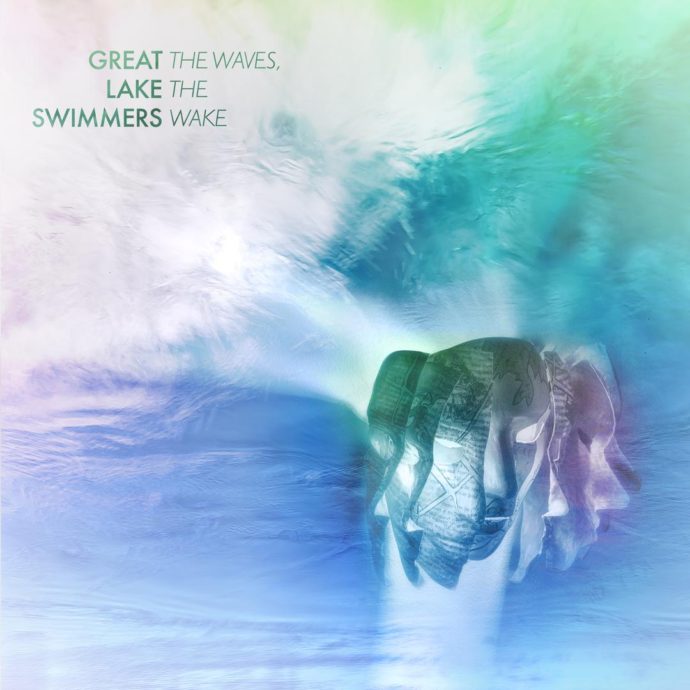Bet you didn’t expect you’d ever hear an oboe featured prominently in a folk song when you abandoned your assigned woodwind instrument after high school. Well, join this former clarinet player for a review of Great Lake Swimmers’ seventh full-length studio album. The Waves, The Wake opens with “The Talking Wind,” which features only woodwind instruments and vocals. It sets a strange tone, made stranger when a jazzy flute mixes with a slow banjo on the next track, but it really gets the listener ready for the rest of the album where arrangements are stripped down to feature just a few rarely-used instruments – and that listener will be relieved to hear some more traditional acoustic and electric guitar come in. Great Lake Swimmers, led by singer-songwriter Tony Dekker, breaks away from the more traditional folk instruments, letting vocals and all kinds of stringed and percussion instruments take the lead.
At the beginning of the album, I was reminded of the new age-y music that would be playing in that one store at the mall that sold rainsticks, bonsai trees, and quirky birdhouses. I guess those stores in the early ‘90s was the last time I heard woodwinds or a harp taking center stage. As a result, some of the songs, especially toward the beginning of the album, sound dated. “The Talking Wind” (the opening track) features only woodwinds and vocals – no percussion, nothing. Many of the songs are stripped down to the bare minimum of instruments, yet they don’t feel sparse because the instruments are rare to hear and feature plenty of detail in their arrangement. “Falling Apart” has piano and harp: while there are only two instruments, the harp is so intricate and delicate, it feels full enough and keeps your attention. “Visions of a Different World” is completely a cappella, but the layers of vocals distract from the lack of other instruments. “In a Certain Light” starts strong with a slow banjo and vocals, but gets a little weird once a flute comes in and takes over – it might have benefited from even more minimal arrangement.
The album has a few moments where it delves into more familiar folk territory later in the album, but with twists. “Alone but Not Alone” lets the electric guitar take the lead on bridges, but an acoustic guitar warms the verses. Closing track “The Open Sea” opens with a piano hook over strummed acoustic guitar that could easily be used in a dramatic TV or movie montage, but then builds with an unexpected electric guitar. Definitely not where I thought where the song was going when the piano gently rolled in to meet us at the beginning. It is beautiful and a nice change from some of the minimal arrangements. Throughout the album, Dekker’s soothing vocals keep the songs linked together despite the differences in the arrangements. There is also natural imagery throughout the album – trees and their roots, bodies of water, etc – which is fitting with the act’s name, the album’s title, etc.
Some of the tracks evolve and the album eventually swells to a well-rounded but sparse, unique record. It’s a very slow, relaxed record that isn’t all hits, but it has some beautiful pieces and some interesting musical decisions.
Rating: 7.0/10

